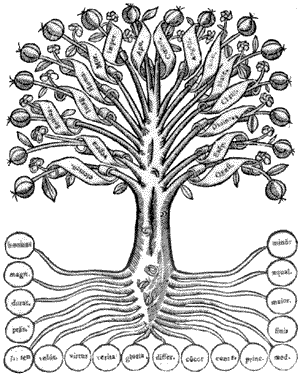Uncovering, disclosing, determining, and questioning [Entdecken, Erschliessen, Bestimmen und Fragen] about Being is σοφία [“wisdom”], σοφός [“the wise one”] – the one who has the taste and instinct [Geschmack und Instinkt] for what remains hidden to the common understanding [gemeinem Verstande]. The σοφός knows at the same time that this entails special tasks [besonderer Aufgaben] and troublesome research [mühevoller Forschung]. He does not simply and securely possess but, instead, seeks, and must constantly seek, that to which he is devoted, that which he “loves” – φιλεῖν. σοφία, the disclosure of the Being of beings [Erschliessung des Seins des Seienden], is φιλοσοφία [“philosophy”], the seeking and questioning for this disclosure, and, as such, places itself under the most radical critique [radikalste Kritik]. [GA22:11]
Quelques lignes plus loin (Éthique à Nicomaque 1141 b 5 s.), parlant cette fois des σοφοί [sophoi] au sens traditionnel (Anaxagore et Thalès, mais Phidias et Polyclète sont aussi des «sages»), Aristote précise qu’ils sont dits «σοφοὺς [sophous] en ceci qu’ils ignorent ce qui leur est profitable à eux-mêmes », c’est-à-dire sont dits « sachant d’une part ce qui dépasse toute mesure (τà περιττὰ [ta peritta]), ce qui est étonnant, ce qui est difficile, ce qui est divin, et d’autre part ce qui est inutile (ἄχρηστα [achresta]) – du fait qu’ils ne sont pas en quête de ce qui est bon humainement». [FHQ:61]
